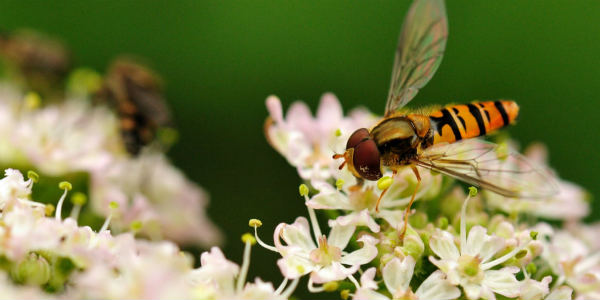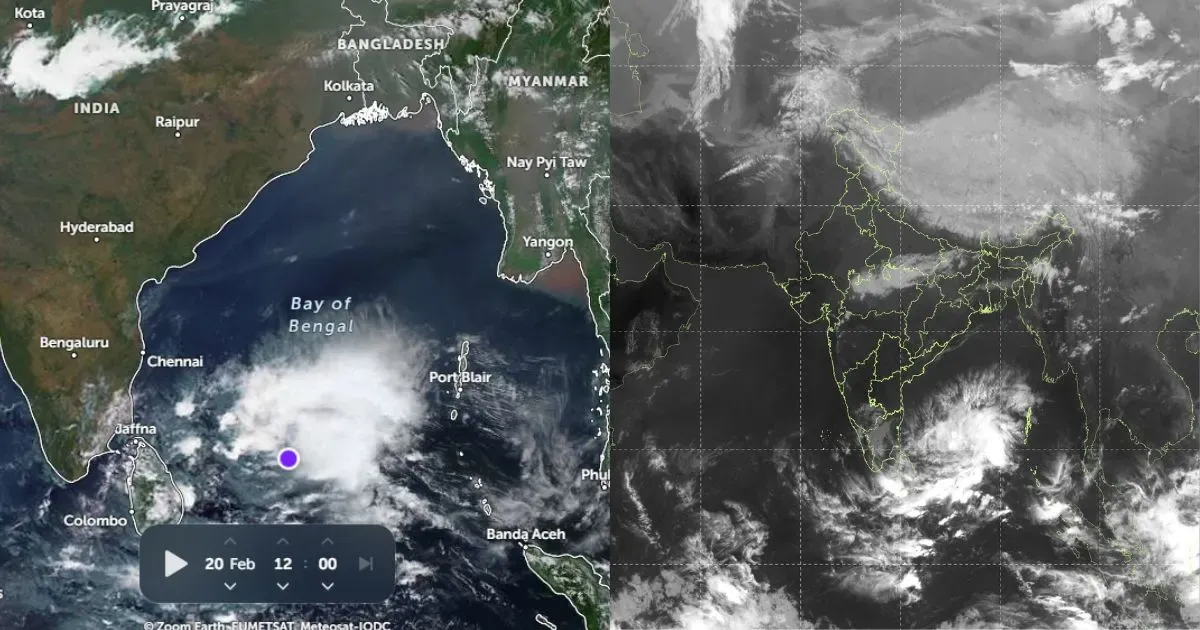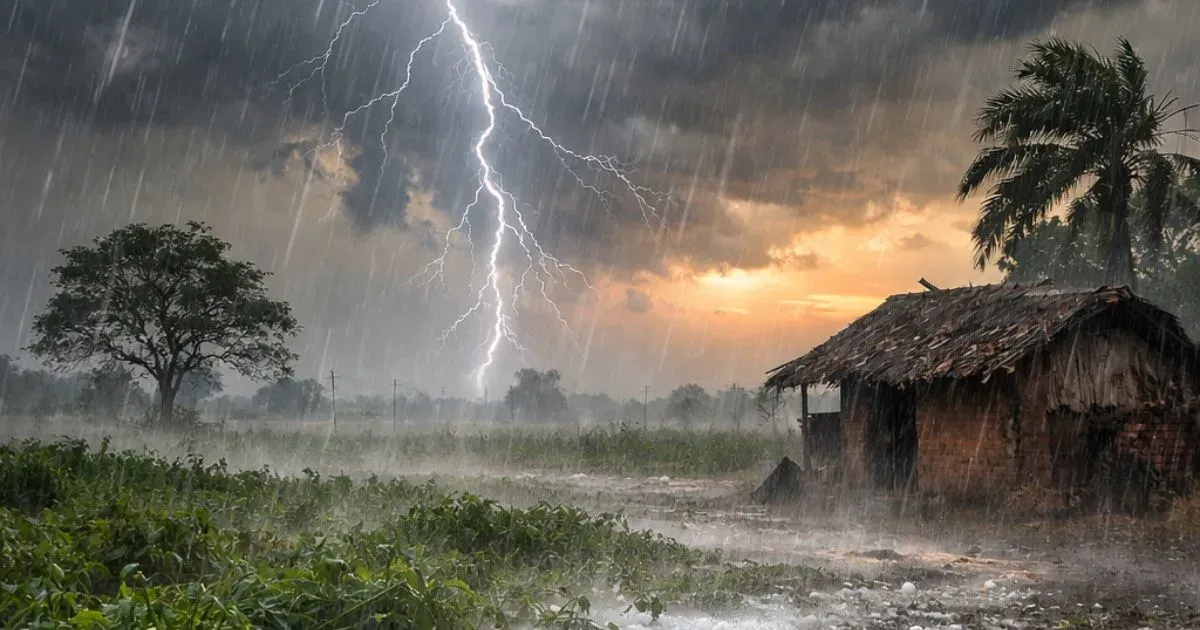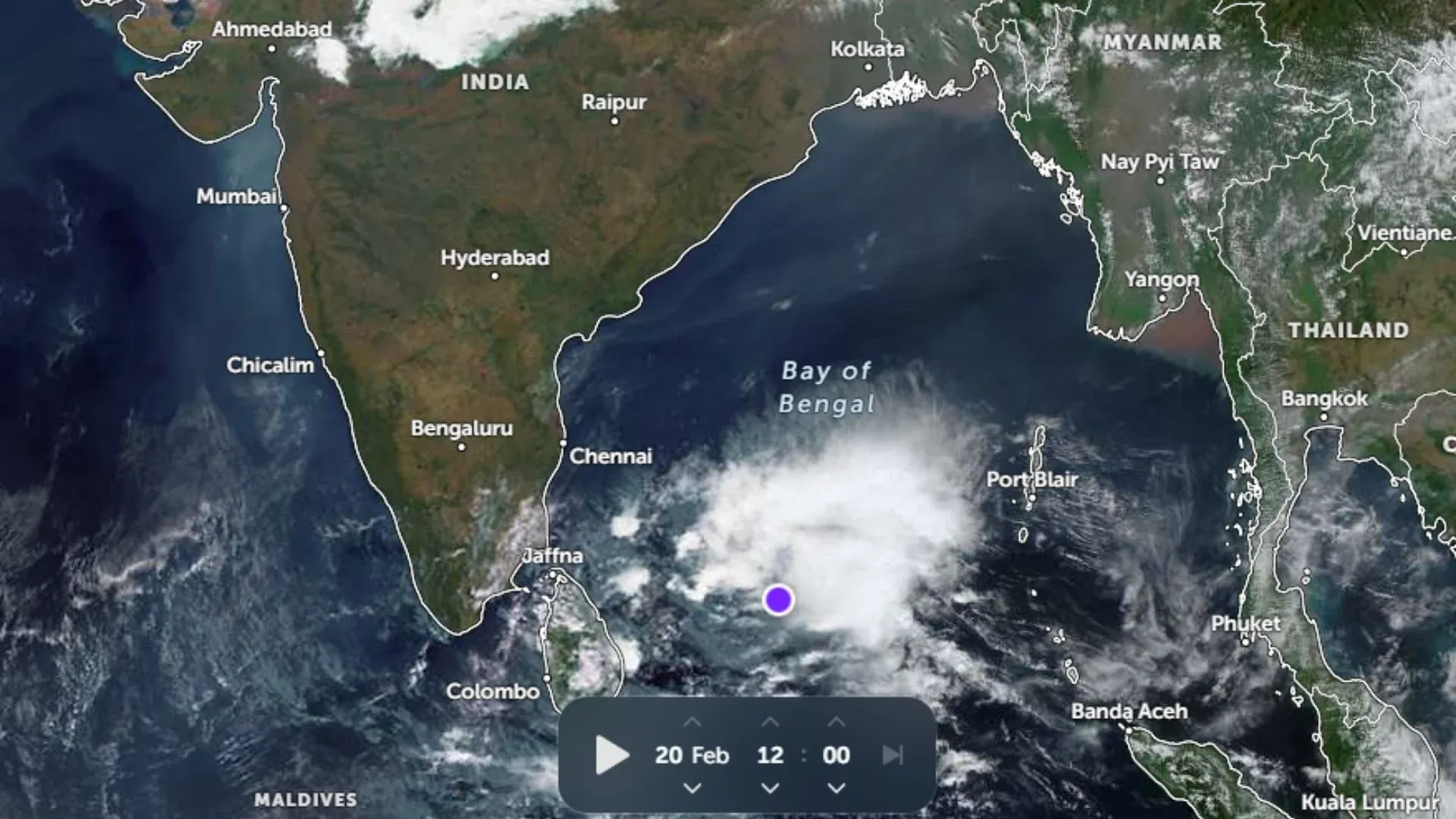
In the recent decades in Britain, a widespread loss of pollinating insects has been revealed by the first national survey, which as per scientists “highlights a fundamental deterioration” in nature.
The analysis of 353 wild bee and hoverfly species together, found out that insects have been lost from a quarter of the places they were found in 1980. Now smaller ranges are occupied by a third of the species, with just one in 10 expanding their extent.
Due to farmers increasingly planting wild flowers around fields, a small group of 22 bee species known to be significant in pollinating crops such as oilseed rape saw a rise in range. However, the scientists found “severe” decline in other bee species from 2007.
Researchers have become increasingly concerned about melodramatic drop in population of insects, which underpin much of nature. Some even warned that these falls threaten a catastrophic collapse of nature’s ecosystems.
Published in the journal Nature Communications, the study is based on more than 700,000 findings made by volunteers across Britain from 1980 to 2013. These are also used to map the range of each species of bee and hoverfly.
Pollinating insects are vivacious to human food security, as 3-quarters of crops depend on them. They are also vital to other wildlife, both as food and as pollinators of wild plants.
The biggest factor in the deterioration in pollinators is likely to be the destruction of wild habitats and use of pesticides as farming has intensified. But the analysis also exposed a particularly big drop of 55% in the range of upland bee and hoverfly species, and significant falls in northern Britain, which may result from climate change making conditions too warm.
Among the bees whose range has shriveled are the formerly huge red-shanked carder bee, whose extent fell by 42%, and the large shaggy bee, whose range fell 53%. But the lobe-spurred furrow bee, which was once rare, has extended its range fivefold and is now considered a significant crop pollinator in England.
If the losses of upland and northern species are due to climate change, then far more rapid declines of these species are expected in the future, as climate change has barely got started.
Matt Shardlow said unless the pesticide sanction process was improved to help bee safety and green subsidies were targeted to create corridors that connect wild spaces, we can expect the decline to continue or worsen.
Image Credit: Wikipedia
Please Note: Any information picked from here must be attributed to skymetweather.com

















